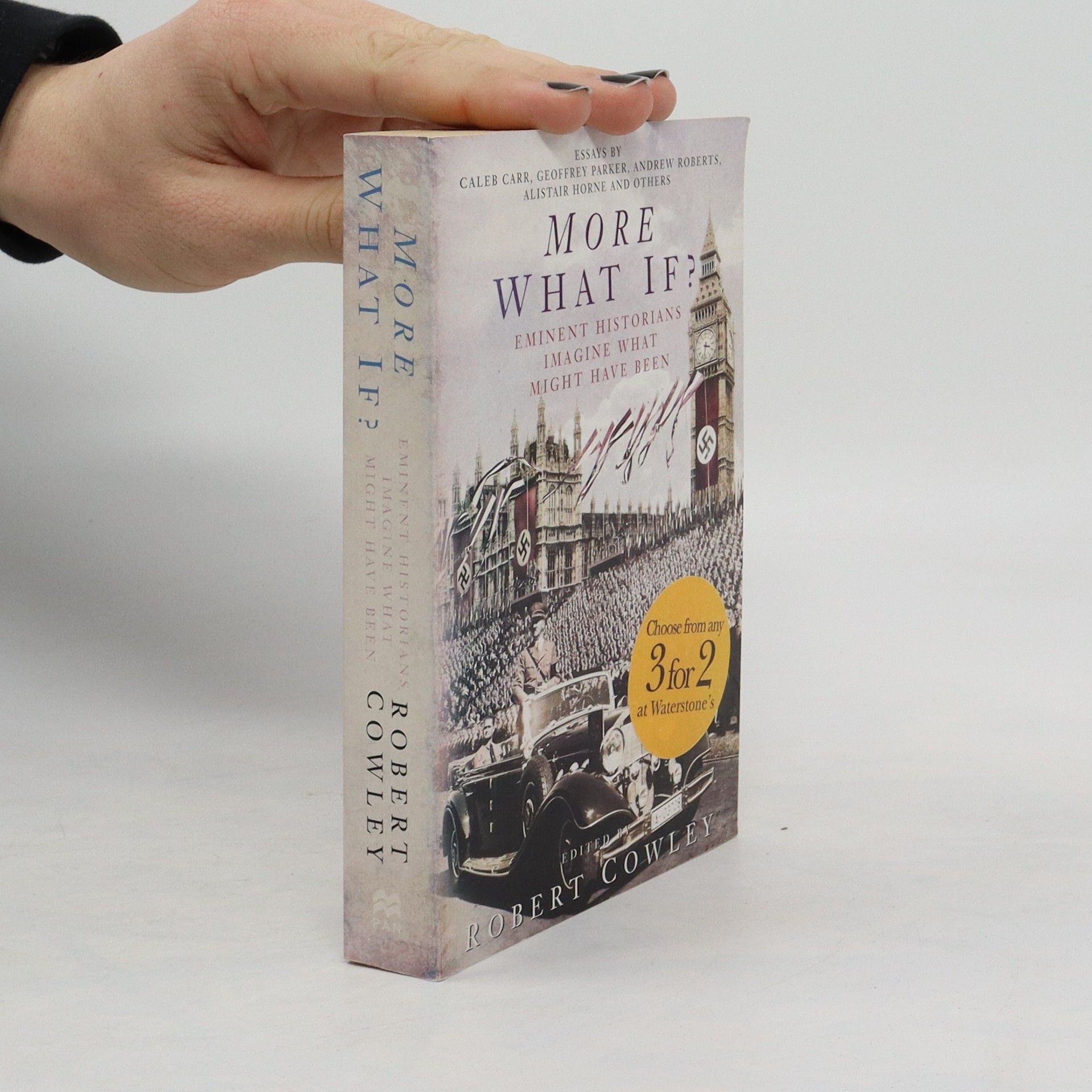Into the Light is the first English language study of the German artist, Egon Altdorf (1922-2008), whose encounter with British sculptors at the Unknown Political Prisoner competition in 1953 informed a unique body of sculpture, woodcuts, stained glass, poetry, and designs for Wiesbaden's new synagogue (1966).
Graham Ward Book order (chronological)
Graham Ward is a theologian and priest whose work delves into the intersections of faith, philosophy, and ethics. His scholarly pursuits explore the complexities of modern belief systems and their engagement with contemporary culture. Ward's insightful analyses offer readers a profound understanding of theological and ethical questions in a changing world.


More what if? : eminent historians imagine what might have been
- 400 pages
- 14 hours of reading
Concentrating on the crucial and the seemingly insignificant, historians offer an alternative history and take a provocative look at the way our world could easily have been. For example, what if William hadn't conquered?